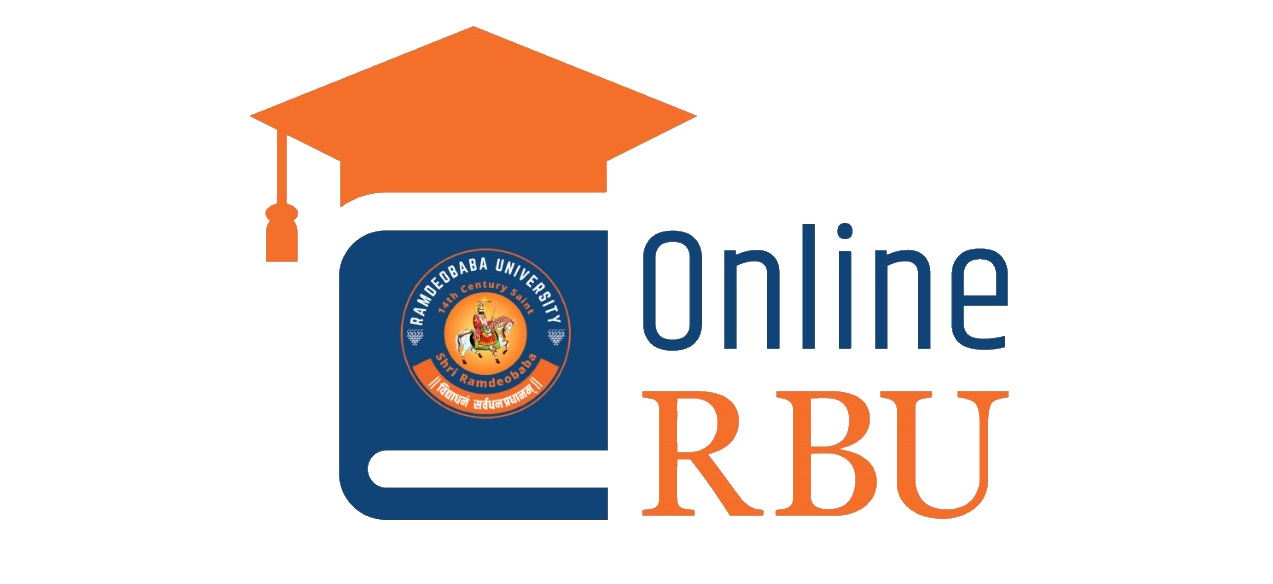Course Title:
VLSI Design and Verification
Course Description:
Today, VLSI devices are found everywhere around us. We find advanced VLSI chips in our cars, cell phones, household appliances, cameras, medical devices and many other places. This rapidly evolving sector offers exciting opportunities for those with strong fundamentals in VLSI design, testing and verification and more importantly, the skill to put know-how of VLSI concepts to practice.
With the advances being made in technologies like process geometries, feature and product innovations on a daily basis, there is a constant need to design, develop and re engineer integrated circuits (ICs). Since products like mobile phones are being released with new features in increasingly shorter cycles, there is a healthy demand for qualified system design and verification engineers.
With technology transforming at a rapid pace (Moore’s Law), India’s deficit of relevant talent in system design and verification methodologies is increasing. Furthermore, verification or validation of such complex systems is one of the biggest challenges.
Course instructional level:
IntermediateCourse Duration:
6 MonthCourse Images
Course coordinator's profile(s):
Dr. P.U. JoshiPrerequisites, if any:
Graduate in Engineering or equivalent (e.g. BE / B. Tech. / 4-year BSc Engg / B. Sc. / AMIE / DoEACC B Level) in IT / Computer Science / Electronics / Telecommunications / Electrical / Instrumentation.Syllabus (Course content):
Module 1: Digital Logic Design and CMOS Circuits- Content:
- Introduction to Digital Logic Design: Boolean algebra, logic gates, combinational and sequential circuits.
- Basics of CMOS Technology: MOSFET operation, CMOS inverter, combinational and sequential CMOS circuits.
- Hours: 10
Module 2: Verilog HDL
- Content:
- Introduction to Verilog HDL: Syntax and semantics, data types, operators.
- Modeling Combinational and Sequential Circuits: Behavioral, dataflow, and structural modeling.
- Advanced Verilog Concepts: Tasks, functions, and testbenches.
- Hours: 20
Module 3: Digital System Design using Verilog HDL
- Content:
- Design Methodology: Control path and data path design.
- MIPS Processor Design: Understanding MIPS architecture, designing the control unit, ALU, and memory interface.
- Simulation and Verification: Testbenches for MIPS processor, functional verification.
- Hours: 20
Module 4: FPGA Implementation of Digital Systems
- Content:
- Introduction to FPGA: Architecture, tool flow, and FPGA families.
- Implementing Digital Systems: Mapping Verilog designs to FPGA, timing analysis, and optimization.
- Hands-on Lab: Implementing and testing designs on FPGA boards.
- Hours: 15
Module 5: High-Level Synthesis for FPGA
- Content:
- Overview of High-Level Synthesis (HLS): C-based design entry, synthesis, and optimization.
- HLS Tools: Introduction to popular HLS tools like Xilinx Vivado HLS.
- Practical Applications: Converting high-level designs to FPGA implementations.
- Hours: 10
Module 6: SystemVerilog for Verification
- Content:
- Introduction to SystemVerilog: Language constructs, data types, and interfaces.
- Verification Methodologies: constrained random verification, and assertion-based verification.
- Writing Testbenches: Creating testbenches for complex digital systems.
- Hours: 15
Module 7: VLSI Physical Design and ASIC Design Tool Flow
- Content:
- Introduction to Physical Design: Floorplanning, placement, routing, and clock tree synthesis.
- ASIC Design Flow: From RTL to GDSII, including synthesis, DFT, and signoff.
- Industry Tools: Hands on practice on industry-standard tools like Cadence, Synopsys, and Mentor Graphics.
- Hours: 10
Additional Contents (Soft Skills)
- Effective Communication
- Aptitude & General English
Course Outcomes:
Upon completion of the course, participants will be able to:- Foundational Knowledge: Students will understand the fundamentals of digital logic design, CMOS circuits, and how these concepts are applied in digital systems.
- Proficiency in Verilog HDL: Students will gain hands-on experience in Verilog HDL for designing and modeling digital systems.
- Digital System Design: Students will be able to design complex digital systems, including control and data paths, and implement them on FPGA platforms.
- Verification Skills: Students will learn SystemVerilog for verifying digital systems, focusing on industry-relevant verification methodologies.
- Exposure to VLSI Tool Flows: Students will gain knowledge of VLSI physical design and ASIC design tool flows, including high-level synthesis for FPGA.
Proposed collaborations for partial delivery of course contents:
- C-DAC, Pune
- Intel technologies
- Synopsys India Pvt. Ltd., Pune
- Sangkuj Semiconductors, Ahmadabad
Placement opportunities: Major multinational VLSI companies
- Intel
- Nvidia
- Qualcomm
- Broadcom
- Samsung
- Texas Instruments (TI)
- AMD
- ARM
- IBM
- Cisco
- Juniper Networks
- Analog Devices Inc
- Applied Micro Circuits
- ST Micro
- MediaTek
- Microchip
- On Semiconductors
- Xlinix
- Microsemi
- Applied Materials
- Cypress Semiconductor
- NXP Semiconductor
- GE
- Robert Bosch
- Imagination Technologies
- Infinera
- Maxim Integrated Circuits
- Rambus etc.
